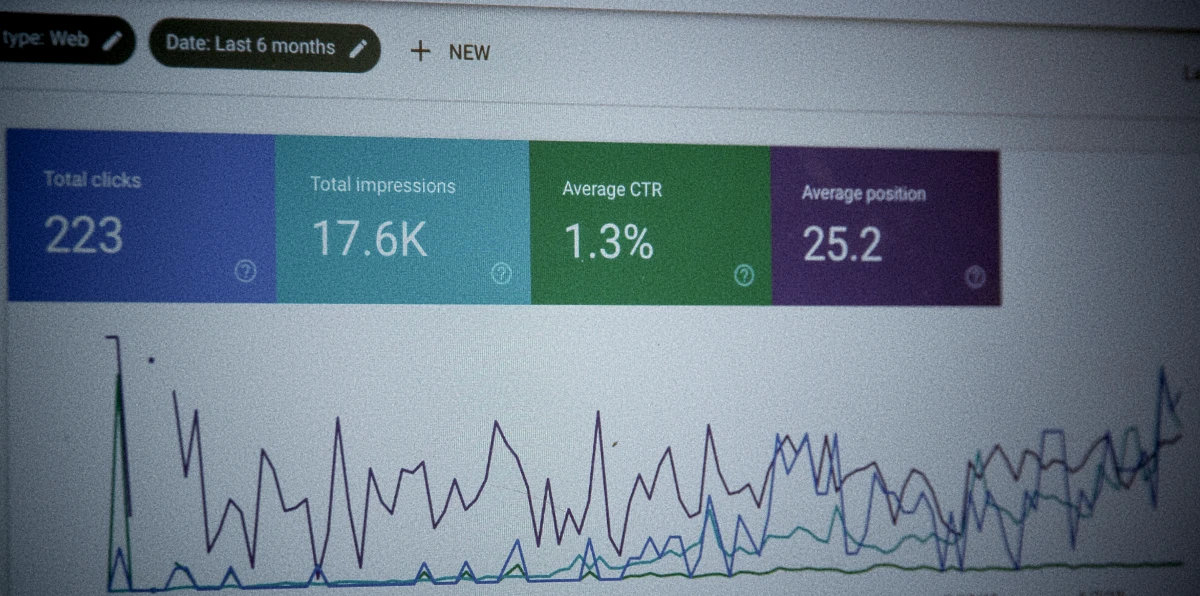Search engine optimization is crucial to your traffic flow. Having your website listed on the first page of a search engines results will give you maximum exposure. And, the closer you are to the top of the page the greater the number of visitors you will receive. Thus, you should learn the basics of how to optimize your website.

Not all search engines operate exactly the same. But, if you follow the simple outline below you will do just fine. This will give you an overview of what most search engines are like and what they are looking for.
Optimization tips
- Are your keywords in your title tags? (This includes the filename and page title)
- Are your keywords in your content? (Especially the first and last paragraph of each page)
- Do your keywords accurately describe the theme or subject of your page?
- What words will users type into search engines to find your website?
- Does the page contain JavaScript? If so, how much of it precedes content? (CSS and JavaScript is nice, but engine robots don’t have a clue as to what to do with it and often give up if there’s no content nearby.)
- If your website is a business, have you made sure your business address and other information is easily available on each page? (Directories look for this when reviewing business sites.)
- Did you optimize several pages of your site for certain targeted keywords? Be sure that your page titles reflect your keywords and be sure to repeat them in the body text of the page.
- Are there plenty of text links on your pages for robots to follow? (They don’t follow image map links or options in drop down menus.)
- Did you read each engine FAQ to make sure you avoid SPAMMING their database before you submitted your URL? (FAQ’s change often, so you need to keep checking back.)
- Do you have any web sites linking to your website? Links from other web sites similar to your own will increase the relevancy of your website in search engine results.
Focus on your keywords and keyword density but don’t sacrifice your message. Utilize the meta tags keywords, description and title. Use your keywords when naming your pages.
Links from other websites
One of the biggest things that search engines look for, after content and theme, are quality links to your website from reputable internet addresses. Just any links won’t do. They must be roughly the same subject matter and rank well on the search engines. This can be one of the most difficult parts of the optimization process but if your site is interesting, full of rich content and you keep growing your website they will come.
Website Promotion
Remember that while search engines are a primary way people look for web sites, they are not the only way. People also find sites through word-of-mouth, traditional advertising, the traditional media, newsgroup postings, web directories and links from other sites. Many times, these alternative forms are far more effective draws than are search engines.